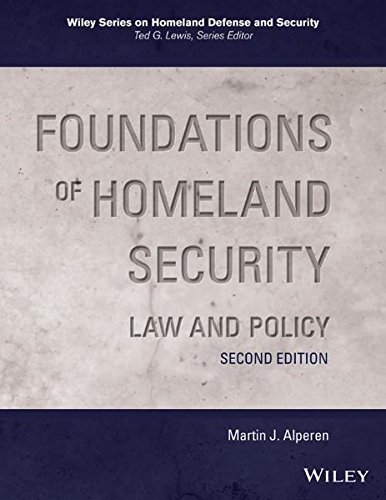Unlocking Homeownership: What Are the Qualifications for an FHA Loan?
Guide or Summary:Understanding FHA LoansWhat Are the Qualifications for an FHA Loan?Credit Score RequirementsDown PaymentDebt-to-Income RatioEmployment Hist……
Guide or Summary:
- Understanding FHA Loans
- What Are the Qualifications for an FHA Loan?
- Credit Score Requirements
- Down Payment
- Debt-to-Income Ratio
- Employment History
- Property Requirements
- Mortgage Insurance Premiums
- Final Thoughts
**Translation of the phrase:** What are the qualifications for an FHA loan
---
Understanding FHA Loans
FHA loans, or Federal Housing Administration loans, are designed to help individuals achieve homeownership, particularly those who may struggle to qualify for conventional loans. These loans are backed by the government, which reduces the risk for lenders and allows them to offer more favorable terms to borrowers.

What Are the Qualifications for an FHA Loan?
Before diving into the specifics, it’s crucial to understand what the qualifications for an FHA loan entail. The requirements are generally more lenient compared to conventional loans, making them an attractive option for first-time homebuyers or those with less-than-perfect credit.
Credit Score Requirements
One of the primary qualifications for an FHA loan is the credit score. While conventional loans often require a score of 620 or higher, FHA loans can be obtained with a credit score as low as 500. However, if your score is between 500 and 579, you will need to put down at least 10%. To qualify for the lowest down payment option, a score of 580 or higher is necessary, allowing you to take advantage of a down payment as low as 3.5%.
Down Payment
As mentioned, the down payment is another critical qualification for an FHA loan. The minimum down payment is typically 3.5% of the purchase price, making it easier for buyers to enter the housing market. This feature is particularly beneficial for first-time homebuyers who may not have significant savings.

Debt-to-Income Ratio
Another important qualification is the debt-to-income (DTI) ratio. This ratio compares your total monthly debt payments to your gross monthly income. FHA guidelines suggest that your DTI should not exceed 43%, although some lenders may allow higher ratios depending on other compensating factors, such as a larger down payment or significant cash reserves.
Employment History
Stable employment is also a key qualification for FHA loans. Lenders typically prefer to see at least two years of steady employment in the same field. This requirement helps assure lenders that you have a reliable income source to make your mortgage payments.
Property Requirements
Not all properties qualify for FHA loans. The home must meet certain safety and livability standards, as determined by an FHA appraisal. This ensures that the property is a sound investment and safe for the occupants. The home must also be your primary residence, meaning you cannot use an FHA loan for investment properties or vacation homes.

Mortgage Insurance Premiums
FHA loans require both an upfront mortgage insurance premium (UFMIP) and monthly mortgage insurance premiums (MIP). The UFMIP is typically 1.75% of the loan amount and can be rolled into the mortgage. Monthly MIP varies based on the loan amount and down payment but adds to your monthly mortgage payment, which is an essential consideration when budgeting.
Final Thoughts
In summary, understanding the qualifications for an FHA loan is crucial for potential homebuyers. With lower credit score requirements, minimal down payment options, and flexible DTI ratios, FHA loans provide an accessible pathway to homeownership for many individuals. By meeting the necessary qualifications, you can take a significant step towards owning your dream home. If you’re considering an FHA loan, it’s advisable to consult with a mortgage professional who can guide you through the process and help you understand all your options.